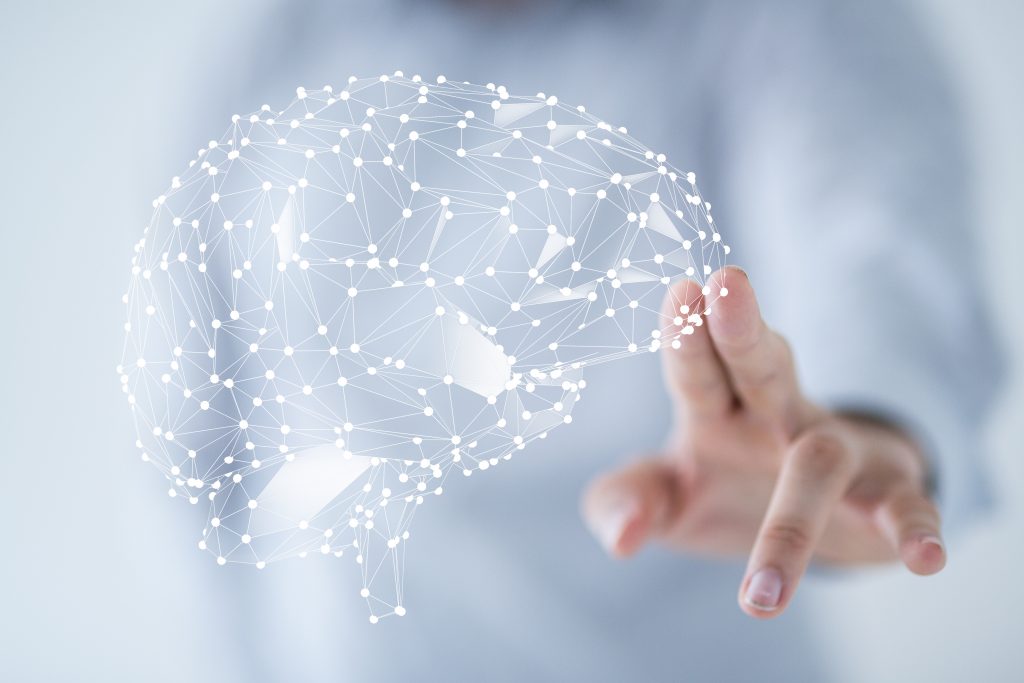Even though organizational change is a constant reality in today’s fast-paced business landscape, change is still met with skepticism and doubt for many within organizations. In fact, this constant change is leading a contagious cynicism among leaders, employees and stakeholders of change initiatives.
Cynicism involves loss of confidence, commitment and trust and it can lead to disengagement, reduce of productivity, innovation and ultimately if can have a huge negative impact in the success of new initiatives.
From a neuroscience perspective cynicism is developed in the brain as a result of constant negative prediction error signals. A prediction error signal is the difference between the expected outcome and the outcome received or the mismatch between expectation and reality. This mismatch could either be positive or adverse and it could therefore result in a release of a positive or negative signal from the brain.
Prediction error signals are fundamental to learning. If the error signal is positive the organism will be approaching and feeling motivated to the change (reward signal), whereas if the error signal is adverse, it will be avoiding the change and feeling demotivated (threat signal).
Ultimately if we are constantly exposed to negative error signals, we become more and more cynics. Constant change challenge the ability to predict the future and therefore during times of change we tend to have more negative errors signals in the brain.
As a result, employees become cynical towards change initiatives, assuming the worst-case scenarios and doubting the intentions behind them.
Leaders in charge of change and change managers needs to understand the science behind cynicism to lead teams through change with the brain in mind and strategic thinking.
For example, when managing change with the brain in mind is important to manage expectations in stakeholders from the very beginning to make sure the error signal is positive and the outcome is better than expected, so the brain can release a chemistry called dopamine, which is in charge of making us feel motivated and excited.
Another practical example of managing change by applying neuroscience knowledge is about moving from big to small. The bigger the program, the bigger the team, the bigger the time scale to deliver, the bigger the prediction errors are at all levels and the hardest to respond and adapt to change is. We should aim keeping the size of the error small.
In summary changes at any level (behavioural, organisational, environmental, procedural, biological, etc) will always produce a prediction error signal. Change managers, project and program managers plays a key role in managing expectations and making sure the error signal is positive or as small as possible. All this is possible by changing how we manage projects and making sure the “brain becomes our main stakeholder”.
PEPE© model offers a strategic framework based on neuroscience to help leaders in charge of change and people facing changes to reduce cynicism and to increase engagement and resilience during times of constant change.
About the author: Tibisay Vera is a neuroscientist, the author of PEPE© model and the Co-creator of Neuroscience for Change certification. https://pepeneuroscience.com/ . She is also the founder of Sparking Performance, a neuroscience-based consultancy for managing change and the Director in UK of the International Academy of Neuroscience and Education, ANE.
Tibisay Vera has a MSc in Clinical Neuroscience with more than 20 years change management experience.
if you want to learn more about practical ways to “hack” our brain to thrive under change, you can subscribe to our newsletter https://pepeneuroscience.com/register/ or follow us in Linkedin: @pepeneuroscience https://www.linkedin.com/showcase/91021085/admin/feed/posts/
